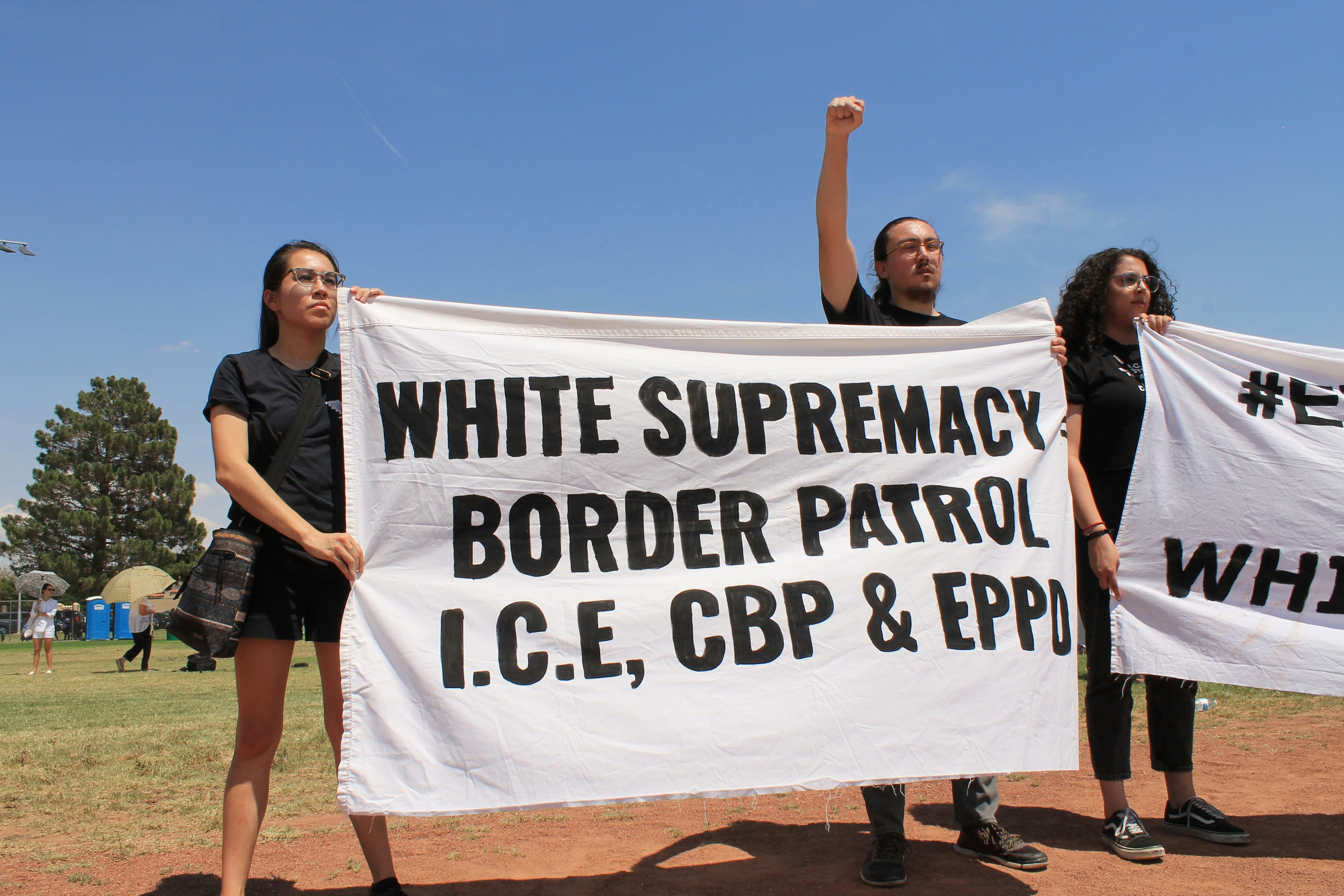The Case of Kilmar Abrego Garcia: A Misguided Deportation and Its Consequences

Photo by Brian McGowan on Unsplash
Background on Kilmar Abrego Garcia
Kilmar Abrego Garcia is a Salvadoran immigrant who embarked on a journey to the United States in search of safety, opportunity, and a better life. His motivations for leaving El Salvador are emblematic of the challenges many immigrants face, including rampant violence, poverty, and lack of access to basic services. Garcia’s journey is not just a personal narrative; it highlights the broader struggles of countless individuals who flee their homelands in pursuit of improved living conditions.
Upon arriving in the United States, Kilmar Abrego Garcia faced significant hurdles as he navigated the complexities of life in a new country. Like many newcomers, he had to adapt to different cultural dynamics and often encountered language barriers. These factors compounded the challenges associated with establishing a stable life in an unfamiliar environment. Garcia’s experiences reflect the resilience necessary for immigrants like him to pursue education and employment opportunities despite systemic obstacles.
As probably with many immigrants, Kilmar’s legal status became a pressing issue. His path mirrored that of many individuals who become entangled in the intricacies of immigration laws and policies. The uncertainty surrounding legal documentation can be a pervasive stressor, often resulting in feelings of fear and vulnerability. Unfortunately, circumstances took a turn for Kilmar when he was apprehended by authorities in March, leading to his deportation. This sequence of events reveals not only the personal ramifications for Garcia but also serves as a case study reflecting the complexities and sometimes, the misguided nature of deportation practices, impacting both individuals and families.
Understanding the journey of Kilmar Abrego Garcia is crucial in recognizing the broader implications of immigration policies, including those affecting Salvadoran immigrants and the legal frameworks that govern their existence in the United States.
The Deportation: A Mistake Uncovered
The case of Kilmar Abrego Garcia brings to light critical flaws within the American deportation system, particularly during the tenure of the Trump administration. Abrego Garcia, a long-time resident of the United States, was subjected to deportation under circumstances that were later determined to be erroneous. His removal not only raised questions about the decisions made by immigration authorities but also highlighted the broader implications of such misguided actions on individuals and families.
The circumstances surrounding his deportation are complex. Kilmar Abrego Garcia was apprehended and subsequently removed from the United States based on claims that lacked substantial evidence. Immigration officials, at the time, followed procedures that failed to adequately consider his contributions to society and the legal status of the claims against him. The hasty nature of the process denied him the opportunity for a fair hearing, ultimately resulting in a deportation that was later recognized as a significant mistake.
This incident illustrates a larger pattern of administrative errors that can have devastating consequences for individuals involved. It underlines not only the fallibility of the deportation system but also its potential to disrupt lives unjustly. Upon his return, Abrego Garcia faced additional legal challenges, further complicating his situation. This return signified not just an opportunity to rectify the past mistake but also served as a poignant reminder of the precarious nature of immigration status for many individuals.
The implications of Kilmar Abrego Garcia’s wrongful deportation extend beyond his personal situation. It serves as a case study reflecting the urgent need for systemic reform in immigration policy and procedures, ensuring fairness and justice are paramount. The errors made in cases like his emphasize the importance of humane and judicious practices in deportation actions, calling for greater accountability within immigration authorities.
Federal Charges: An Overview of the Indictment
The indictment against Kilmar Abrego Garcia comprises two pivotal federal charges: conspiracy to transport aliens and unlawful transportation of undocumented aliens. Each charge carries distinct legal definitions and implications, highlighting the complexities of immigration law and enforcement. Understanding these charges is essential to grasp the legal landscape surrounding undocumented immigration issues.
The first charge, conspiracy to transport aliens, refers to an agreement between two or more individuals to facilitate the illegal movement of undocumented individuals across borders. This charge encompasses not only the act of transportation itself but also any actions taken to further the illegal enterprise. Under federal law, individuals found guilty of this charge may face severe penalties, including substantial prison time and hefty fines, which can vary based on the severity of the offense and the number of individuals involved in the conspiracy.
The second charge, unlawful transportation of undocumented aliens, pertains specifically to the act of knowingly transporting individuals who do not possess the legal authority to be in the country. This charge can be applied to various scenarios, from providing transportation to undocumented individuals to facilitating their travel for profit. The penalties associated with this charge can be similarly harsh, often resulting in lengthy incarceration sentences as well as consequences that extend beyond criminal liability, impacting immigration status and future legal proceedings.
Both charges against Kilmar Abrego Garcia reflect broader trends in immigration enforcement, particularly in relation to the increasing scrutiny of transportation networks that aid undocumented immigration. As authorities ramp up their efforts to combat illegal transportation networks, cases like Abrego Garcia’s serve to illustrate the ongoing legal and ethical debates surrounding immigration policy and enforcement practices. These cases highlight the intersection of criminal law, immigration enforcement, and the ramifications for those involved in transporting undocumented aliens.
Reactions and Implications: Legal and Political Perspectives
The case of Kilmar Abrego Garcia has elicited a range of reactions from diverse stakeholders, including government officials, immigrant rights advocates, and the Salvadoran community. These reactions highlight the complex landscape of immigration policies and the moral imperatives that often stand in conflict with legal statutes. Prominent among the responses is that of Attorney General Pam Bondi, who expressed concerns regarding the deportation process and its socio-political ramifications.
Bondi’s remarks indicate a growing awareness among legal authorities about the potential fallout from such deportations. She underscored the necessity of balancing strict immigration enforcement with humane considerations, particularly in cases involving individuals with deep roots in their communities. This perspective reflects a broader trend among officials who are increasingly recognizing the need for reforms that prioritize fairness and justice within the immigration system.
Immigrant rights advocates have also voiced their concerns regarding Abrego Garcia’s situation, viewing it as emblematic of larger systemic issues that affect vulnerable populations. They emphasize that such deportations not only disrupt lives but also contribute to a climate of fear within immigrant communities. This has led to calls for policy changes that protect individuals from unjust deportation, advocating for a more compassionate approach to immigration enforcement.
The implications of this case extend beyond the immediate individuals involved, suggesting a need for legal reforms that address the complexities of human rights within immigration policies. Discussions surrounding Kilmar Abrego Garcia’s plight are likely to resonate in the broader discourse on immigration in the United States. As ongoing debates about the balance between security and compassion continue, the consequences of this case may very well influence future legislative decisions and the evolving landscape of immigration law.



